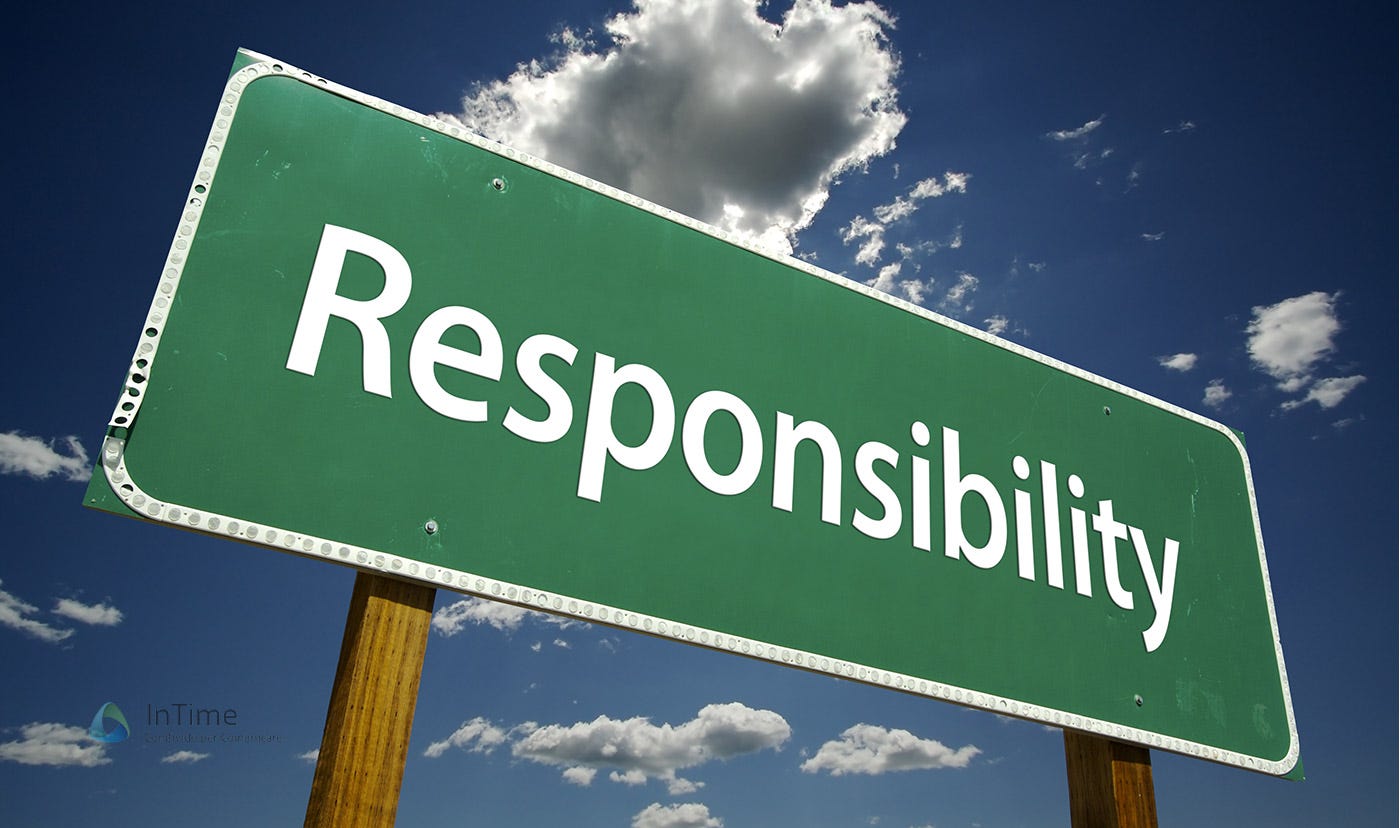
Responsibility is a big word that carries a lot of weight. But what does it really mean? Responsibility is about taking charge of your actions, decisions, and their consequences. It's about being reliable and trustworthy. Imagine being the person everyone can count on, whether it's at school, home, or with friends. Taking responsibility means you own up to your mistakes and learn from them. It also means you help others and contribute positively to your community. In this post, we'll explore 30 interesting facts about responsibility that will help you understand why it's such an important part of life. Ready to dive in? Let's get started!
Key Takeaways:
- Responsibility is a crucial trait learned early in life, promoting trust, success, and independence. It reduces stress, helps in daily life, relationships, work, and can be taught and practiced for a better society.
- Being responsible means managing time, money, health, and relationships well. It also involves ethical behavior at work, teaching responsibility, and contributing to a better society through civic duty, public safety, education, healthcare, and sustainability.
What is Responsibility?
Responsibility is a key trait that helps individuals and societies function smoothly. It involves being accountable for one's actions and understanding the impact they have on others. Here are some interesting facts about responsibility.
-
Responsibility is Learned Early: Children start learning responsibility from a young age through chores and schoolwork. These early lessons shape their future behavior.
-
Promotes Trust: Being responsible builds trust among peers, family, and colleagues. Trust is essential for healthy relationships.
-
Linked to Success: Responsible people often achieve more in life. They are reliable and can be counted on to complete tasks.
-
Encourages Independence: Taking responsibility fosters independence. It teaches individuals to manage their own lives effectively.
-
Reduces Stress: Knowing that you are in control of your actions can reduce stress. It helps in managing time and resources better.
Responsibility in Daily Life
Responsibility isn't just a concept; it's a daily practice. From personal habits to professional duties, responsibility plays a crucial role.
-
Time Management: Responsible people manage their time well. They prioritize tasks and meet deadlines.
-
Financial Responsibility: Managing money wisely is a form of responsibility. It involves budgeting, saving, and spending within means.
-
Environmental Responsibility: Taking care of the environment by recycling and conserving resources is a shared responsibility.
-
Health and Wellness: Being responsible for one's health includes eating well, exercising, and getting regular check-ups.
-
Social Responsibility: Helping others and contributing to the community are important aspects of being responsible.
Responsibility in Relationships
Healthy relationships thrive on mutual responsibility. It involves understanding and fulfilling roles within the relationship.
-
Communication: Responsible communication means being honest and clear. It helps in resolving conflicts and building stronger bonds.
-
Commitment: Being committed to relationships, whether romantic or platonic, shows responsibility. It involves being there for others.
-
Empathy: Understanding and sharing the feelings of others is a responsible act. It strengthens emotional connections.
-
Respect: Treating others with respect is a fundamental responsibility. It fosters a positive and supportive environment.
-
Accountability: Taking responsibility for one's actions in a relationship is crucial. It involves admitting mistakes and making amends.
Responsibility at Work
In the workplace, responsibility is a key factor for success. It affects productivity, teamwork, and overall job satisfaction.
-
Dependability: Being dependable means colleagues can rely on you. It builds a strong team dynamic.
-
Professionalism: Acting professionally, including being punctual and respectful, is a sign of responsibility.
-
Ethical Behavior: Following ethical guidelines and doing the right thing, even when no one is watching, is a mark of responsibility.
-
Continuous Learning: Responsible employees seek to improve their skills and knowledge. It benefits both personal growth and the organization.
-
Leadership: Good leaders are responsible. They guide their teams with integrity and accountability.
Teaching Responsibility
Teaching responsibility is essential for developing well-rounded individuals. It can be instilled through various methods.
-
Role Modeling: Children learn responsibility by observing adults. Setting a good example is crucial.
-
Positive Reinforcement: Rewarding responsible behavior encourages it. Praise and recognition can motivate individuals.
-
Setting Expectations: Clearly defined expectations help individuals understand their responsibilities.
-
Providing Opportunities: Giving people the chance to take on responsibilities helps them grow. It builds confidence and competence.
-
Encouraging Reflection: Reflecting on actions and their consequences teaches responsibility. It helps in making better choices in the future.
Responsibility and Society
A responsible society functions better. It involves collective efforts to ensure the well-being of all its members.
-
Civic Duty: Voting, obeying laws, and participating in community activities are forms of civic responsibility.
-
Public Safety: Ensuring public safety by following rules and regulations is a shared responsibility.
-
Education: Access to education and promoting lifelong learning are societal responsibilities.
-
Healthcare: Providing and accessing healthcare services is a collective responsibility. It ensures a healthy population.
-
Sustainability: Working towards a sustainable future by adopting eco-friendly practices is a global responsibility.
Embracing Responsibility
Responsibility shapes our lives in countless ways. It teaches us to be accountable, reliable, and trustworthy. By understanding the importance of responsibility, we can make better decisions, build stronger relationships, and contribute positively to our communities. Whether it's taking care of a pet, completing homework on time, or helping a friend in need, every act of responsibility adds value to our lives and those around us.
Remember, responsibility isn't just about big tasks. Small actions matter too. Picking up litter, being punctual, or simply being honest can make a huge difference. Embrace responsibility in all aspects of life. It not only helps you grow as an individual but also sets a positive example for others. So, take charge, be responsible, and watch how it transforms your world for the better.
Frequently Asked Questions
Was this page helpful?
Our commitment to delivering trustworthy and engaging content is at the heart of what we do. Each fact on our site is contributed by real users like you, bringing a wealth of diverse insights and information. To ensure the highest standards of accuracy and reliability, our dedicated editors meticulously review each submission. This process guarantees that the facts we share are not only fascinating but also credible. Trust in our commitment to quality and authenticity as you explore and learn with us.


